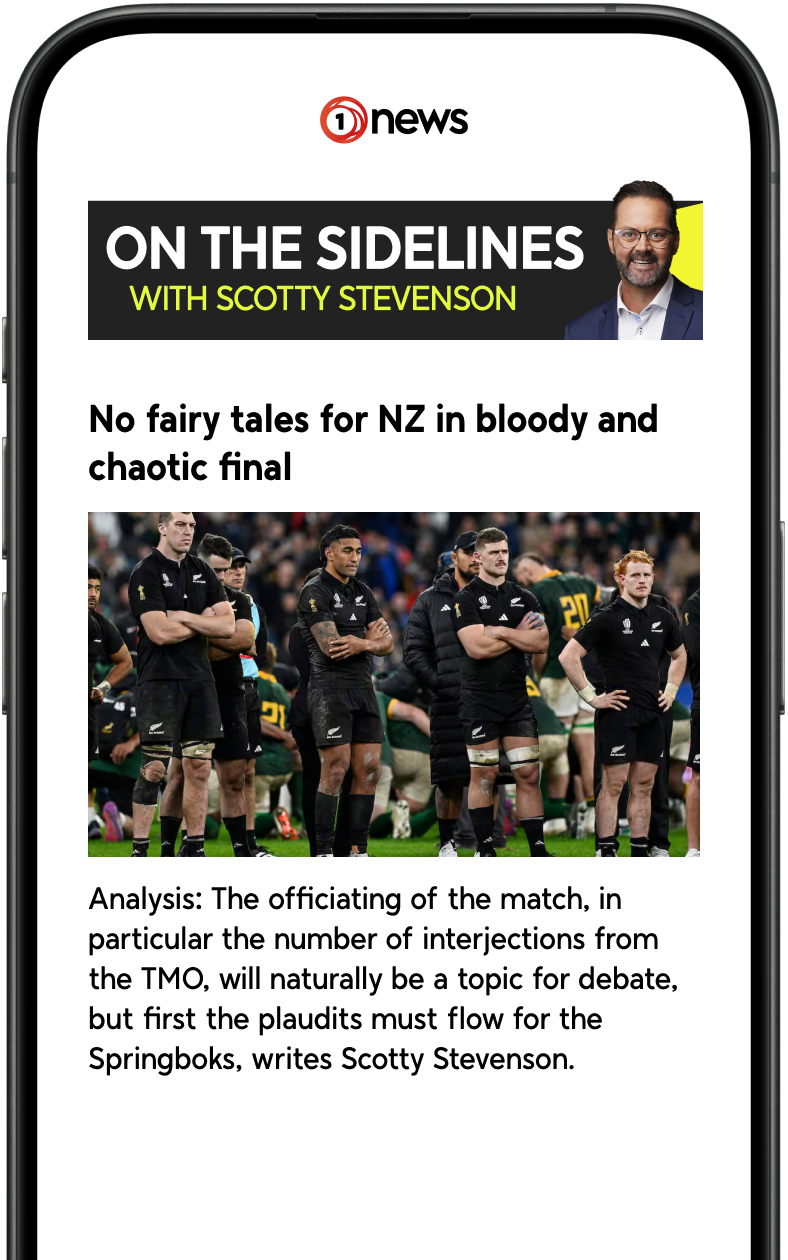The clause in the three-year New Zealand Rugby deal that will allow Jordie Barrett to move Super Rugby franchises at the end of the 2020 season is not normal, but not unique either, NZR says.
New Zealand Rugby’s head of professional rugby Chris Lendrum fronted media today to answer questions about the youngest Barrett’s contract, which he described as “not without precedent”.
“It’s not the norm but it’s certainly far from unique,” Lendrum said of the contract that secures Barrett’s New Zealand future until 2022.
“We’ve had plenty of examples of players in the past who have been certain about committing their long-term future to New Zealand Rugby but not as certain about where they were going to play their rugby for the whole period of that contract.”
NZR were happy to have Barrett locked in for three years regardless of his Super Rugby side, Lendrum said.
“The alternatives for us was to have Jordie Barrett on a one-year contract at a Super Rugby club for 2020 or committed long-term to New Zealand Rugby for three years, (it’s) kind of an easy question to answer once you frame it like that.”
Lendrum denied that such arrangements could lead to discontent at the five Super Rugby franchises.
“We’ve got a really strong relationship with all five Super Rugby clubs, very close working relationship and we care about all their wellbeing and success.”
Hurricanes CEO Avan Lee said the rare arrangements like Barrett’s can work to the advantage of both players and Super Rugby clubs.
"In the past years there has been a few guys that have insisted on putting these sort of clauses into their deals to keep them at a franchise," Lee told 1 NEWS.
"Sometimes it encourages them to shift to a franchise because they know they have an ability if they don’t settle well or the family doesn’t settle well they get to revisit that."
Clubs can also use these clauses to move a player on, Lee said.
"If it’s not working at the current club and they’re not getting the same access to the starting XV that they might like, then it might not be in the club’s interest to have a guy on a certain level of money etcetera and it just makes sense to revisit it and see if there is a better option within New Zealand."
On most other occasions where players had that clause in their contract, it was not made public, according to Lendrum.
“It’s a private term of employment for those players and it depends on circumstances whether they want that news in the public domain or not,” he said.
“In this case it’s no secret inside the rugby community that he will weigh up his club future as he progresses.”
The New Zealand Rugby release announcing Barrett’s contract stated that the youngest sibling had a desire to play with brothers, Beauden (heading for the Blues) or Scott (Crusaders), at some point but Lendrum wouldn’t elaborate.
The Hurricanes remained a chance to re-sign Barrett beyond next season if they proved their environment was the right one to develop him, Lendrum said.
“He is very focussed on his development and growth, by his own admission he won’t feel like he’s the finished article and he needs to figure out what the best environment for him to do that,” Lendrum said.
“The Hurricanes will be backing themselves strong to create their environment around him next year that means he doesn’t want to leave.”
“I have every confidence that they’ll be able to do that.”





















SHARE ME